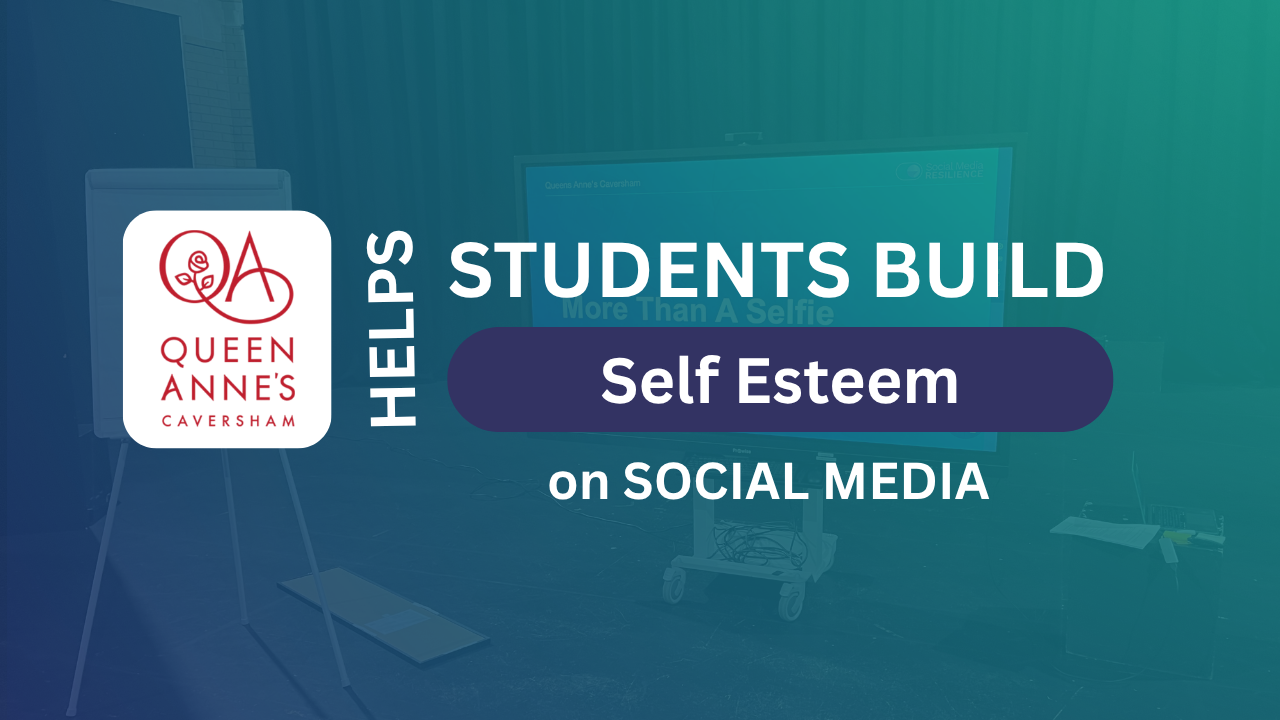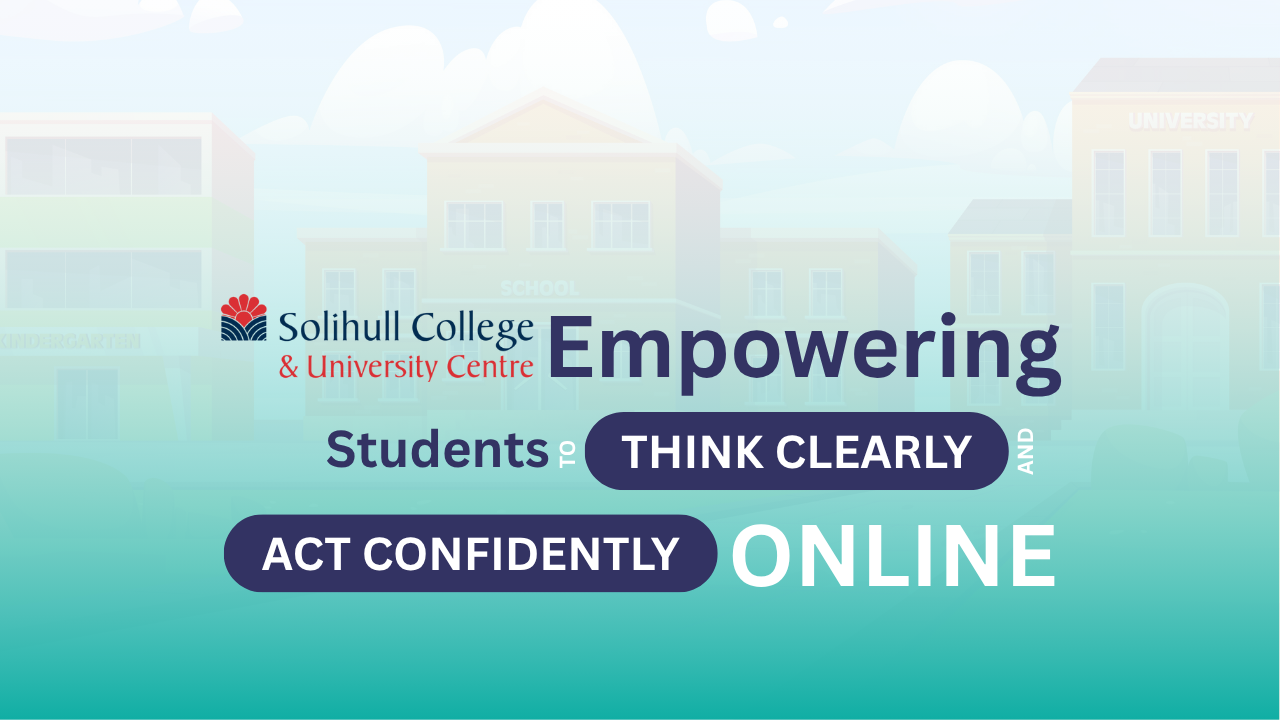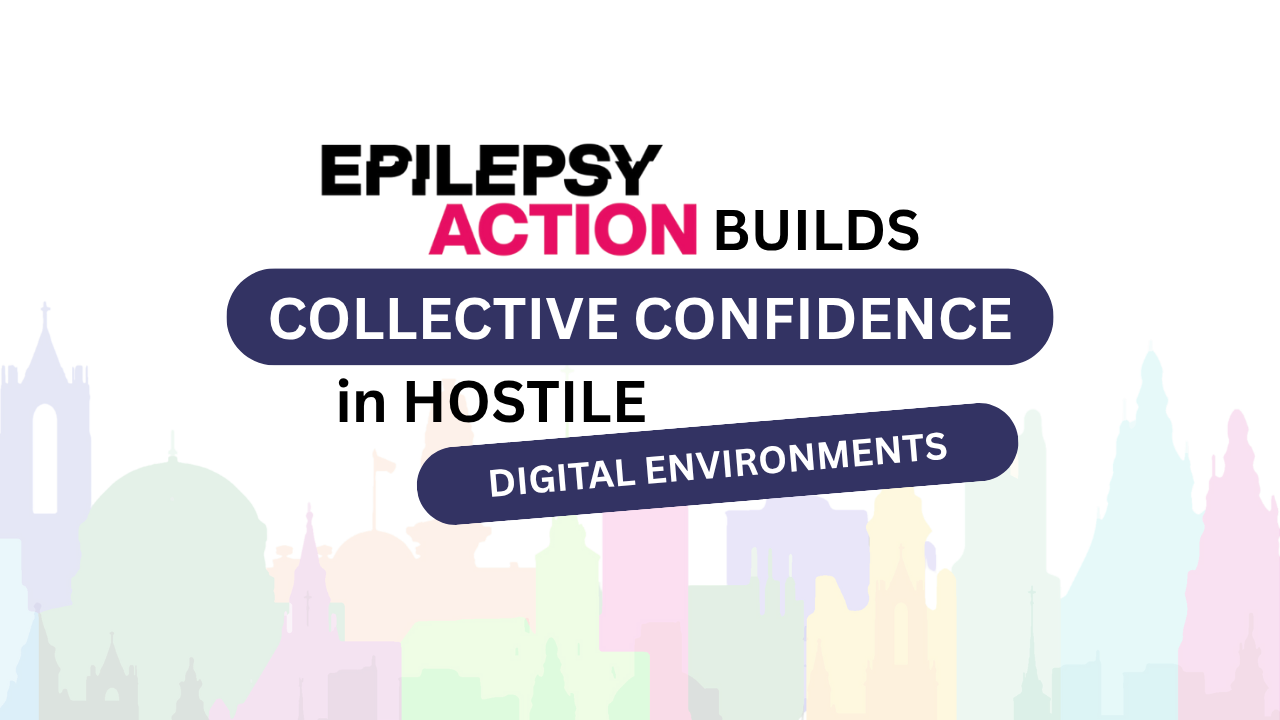Queen Anne’s Caversham Helps Students Build Self-Esteem on Social Media Resilience
Location:
Caversham, Berkshire, UK
Audience:
Students aged 11–14 (Years 7, 8, and 9), pastoral leads, and PSHE educators
Focus:
Supporting teenage girls’ self-esteem and digital resilience
The Challenge
Teenagers today are growing up in a culture where self-worth is often measured through a screen. The pressure to curate, compare, and perform online can profoundly affect how young people see themselves—especially during the vulnerable years of early adolescence.
At Queen Anne’s School in Caversham, this challenge was met head-on. Through a third-party provider, the school invited Social Media Resilience to deliver a full day of keynote sessions to students across Years 7, 8, and 9. The goal was to go beyond basic digital safety and instead open up an honest conversation about body image, identity, and emotional wellbeing in a filtered world.
Our Approach
Across four sessions delivered throughout the day, students took part in the keynote “Navigating Body Image and Social Media: The Dark Side of Selfies.” This talk explored how platforms shape not just what young people see—but how they feel about themselves in response.
The sessions combined relatable storytelling, evidence-based insights, and quiet moments of connection. One of those moments came during a simple task early in each session.
Abi invited students to stand up if they had social media.
Everyone stood.
She asked them to stay standing if they’d ever taken a photo of themselves.
Most remained standing.
Then she asked: stay standing if you’ve ever taken more than one photo in a row—deleting and retaking until it felt “good enough.”
Still, nearly everyone stood.
“Look around,” Abi said. “You’re not alone. Everyone experiences this feeling of not being good enough—and social media often makes it worse.”
This moment landed. Not as a dramatic gesture, but as a quiet truth. It set the tone for the rest of the session: this isn’t just your struggle—it’s a shared one.
From there, the talk explored:
- Open Communication – The impact of filters and personas on self-perception
- Inner Strength and Self-Worth – Seeing value beyond appearance
- Body Positivity – Embracing diverse representations of beauty
- Healthy Digital Habits – Recognising patterns of comparison and finding balance
Each session was an invitation—to think critically, speak honestly, and look at the online world through a different lens.
The Mirror Effect
One of the most powerful moments in the session came through a simple, reflective exercise called “The Mirror Effect.”
“Abi invited the students to imagine standing in front of a mirror—the kind they see every day, often without really seeing themselves.
“When you look in the mirror, what do you see?”
Together, the group filled the board with words.
Hair. Skin. Height. Uniforms. Faces. Bad hair day, said one girl; I look tired, said another.
So much of what students saw was external, surface-level, and shaped by comparison.
Then came the second question:
“What don’t you see?”
The room went quieter. Slowly, the students began to speak:
Kindness. Strength. Humour. Ideas. Courage. Character.
The things that truly matter, but rarely show up in a selfie.
To close the exercise, Abi asked everyone to turn to their neighbour and name one thing that makes them unique. For a moment, the room was filled with the buzz of words of affirmation—gentle reminders that each person carries something valuable that can’t be edited, filtered, or compared. Each friend took a moment to uplift and empower the other—a small act of shared strength.
Throughout the session, Abi also shared real-life stories, not of influencers or celebrities, but of everyday women. Women who had faced challenges of body image, workplace inequality, racism, and misogyny, and who had gone on to live resilient, purpose-filled lives. These stories grounded the conversation in reality and reminded students that strength and happiness don’t come from perfection or online visibility. It comes from knowing who you are and choosing to live your life on your own terms.
The Mirror Effect invited students to see themselves—and each other—with more depth, more compassion, and more truth. And in a world that constantly asks them to perform, a pause to reflect was quite special.
The Impact
Across each session, students responded with honesty, stillness, and at times, a kind of quiet relief. That simple act of standing together, realising they weren’t alone in their insecurities, shifted something in the room. It reframed comparison not as a personal failure, but as a shared experience.
From that point on, the conversations deepened. Students began to reflect not just on how they appear online, but on how it makes them feel and the connections between social media, feelings and behaviours.
They talked about the pressure to look “right,” the way they often edited themselves to fit in, and how much time they spent chasing likes or waiting for validation. Some students shared their own habits of deleting and reposting. Others nodded, recognising themselves in what was being said.
The sessions gave space to consider new questions—What makes me valuable? Who am I when I’m not performing?—and reminded students that their identity is made up of more than curated images.
They left with more than just information. They left with more self-awareness, more self-compassion, and a sense that maybe, just maybe, they don’t have to do it all alone.
Looking Ahead
Social Media Resilience has this workshop booked with over 8 schools in the next academic year.




